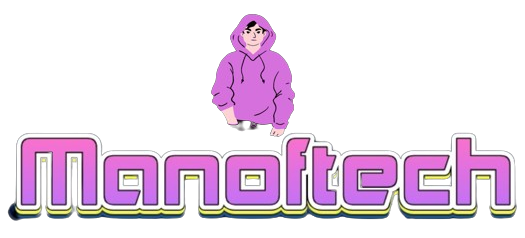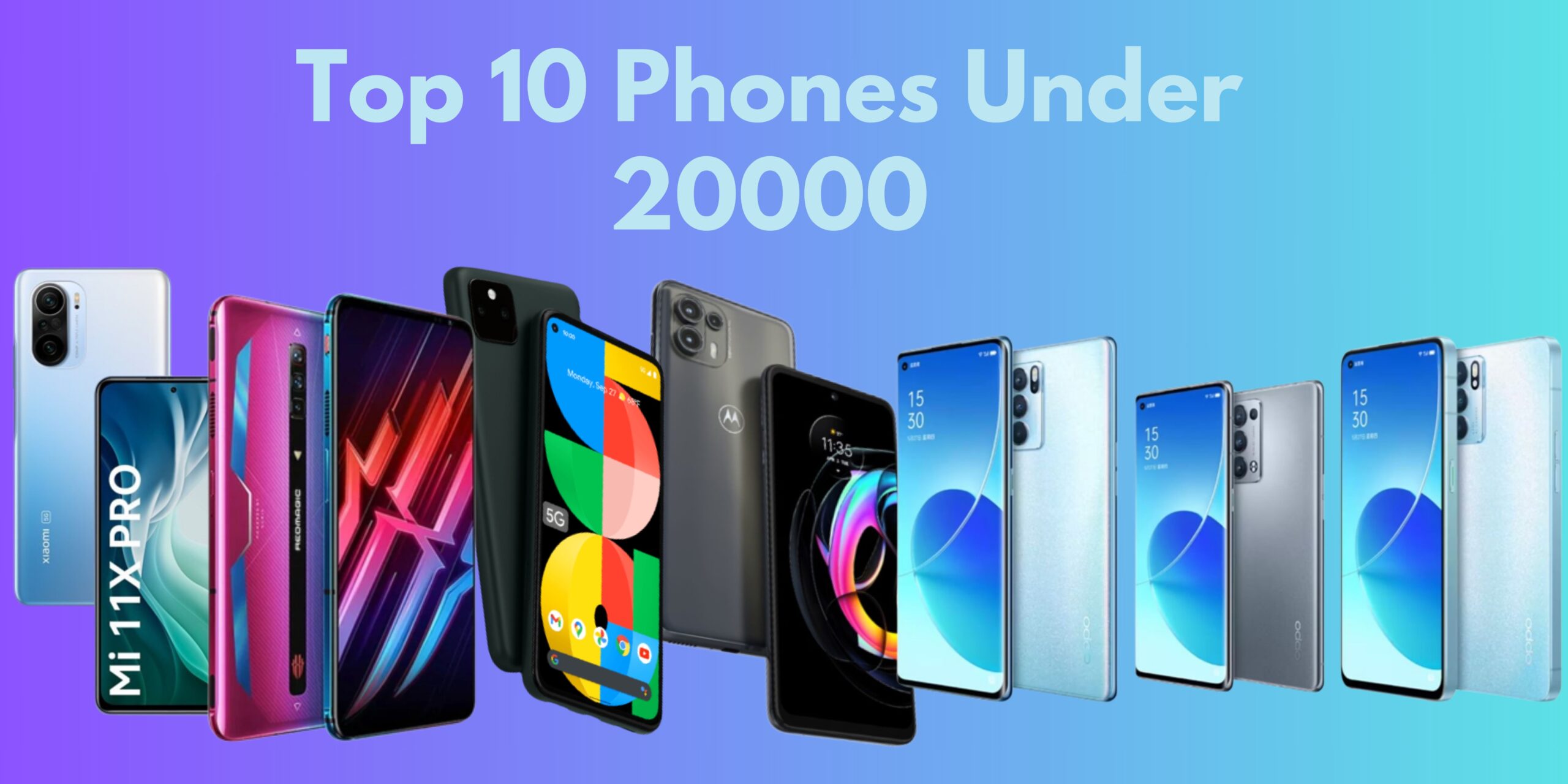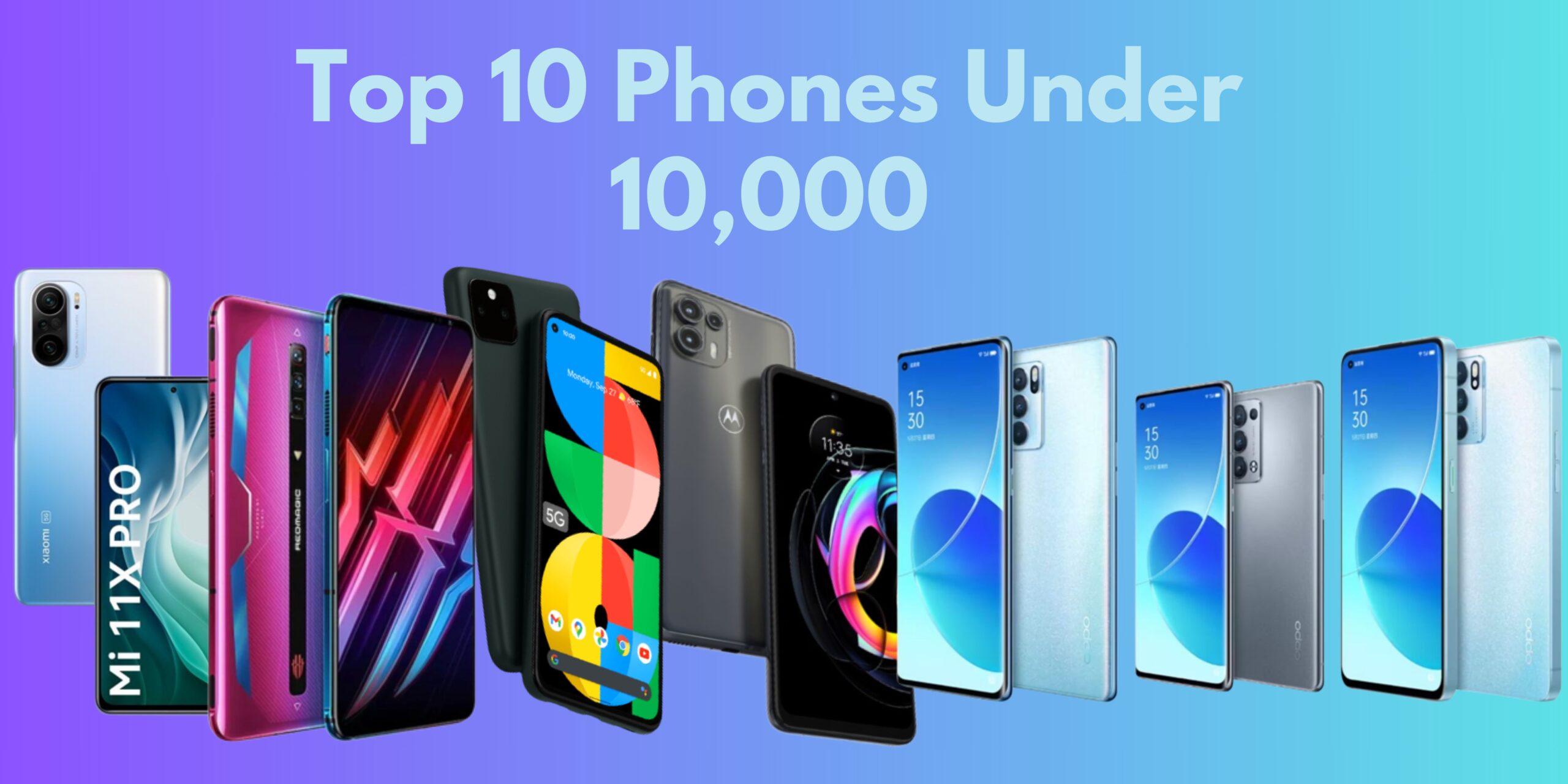The realm of e-commerce is continually evolving, driven by technological innovations that enhance the customer experience, streamline operations, and redefine the way businesses engage in online retail.
In this article, we will find out the current trends shaping e-commerce technology and envision the future of digital commerce.
1. Artificial Intelligence (AI) and Machine Learning (ML)
Personalized Shopping Experiences: AI and ML algorithms analyze user behaviour, preferences, and purchase history to provide personalized product recommendations. This level of personalization enhances user engagement and increases the likelihood of successful conversions.
Chatbots and Virtual Assistants: Chatbots powered by AI facilitate real-time customer interactions, answering queries, providing assistance, and guiding users through the purchase process. Virtual assistants employ natural language processing to enhance customer support and create a more seamless shopping experience.
2. Augmented Reality (AR) and Virtual Reality (VR)
Virtual Try-Ons and Product Visualization: AR and VR technologies enable virtual try-ons, allowing customers to visualize products in real-world settings before making a purchase. This is particularly valuable in industries such as fashion, cosmetics, and furniture.
Immersive Shopping Experiences: VR-based shopping experiences transport users to virtual storefronts, creating immersive environments where they can explore products and make informed decisions. This trend adds a new dimension to online shopping, replicating the physical retail experience.
3. Mobile Commerce (M-commerce) Advances
Progressive Web Apps (PWAs): PWAs offer an app-like experience directly through a mobile browser. They combine the flexibility of web development with the performance and features of native apps, contributing to a seamless and responsive mobile shopping experience.
Mobile Wallets and Contactless Payments: The rise of mobile wallets and contactless payment options accelerates the checkout process. Integrating various payment methods enhances convenience and security for mobile shoppers, fostering a frictionless transaction experience.
4. Blockchain Technology
Secure and Transparent Transactions: Blockchain ensures secure and transparent transactions by providing an immutable ledger. In e-commerce, this technology is leveraged for secure payment processing, supply chain transparency, and combating fraud.
Smart Contracts for Logistics and Supply Chain: Smart contracts automate and enforce contractual agreements within the supply chain. This enhances efficiency, reduces delays, and ensures transparency in the movement of goods, contributing to a more reliable e-commerce ecosystem.
5. Voice Commerce:
Voice-Activated Shopping: The integration of voice assistants, such as Amazon’s Alexa or Google Assistant, into e-commerce platforms enables users to make purchases through voice commands. This trend simplifies the shopping process and caters to the growing adoption of smart speakers.
Natural Language Processing (NLP): Advancements in NLP allow e-commerce platforms to understand and respond to natural language queries. This technology enhances the conversational capabilities of voice-activated shopping, making interactions more intuitive for users.
6. Social Commerce:
Shoppable Social Media: Social media platforms are evolving into shopping hubs, allowing users to discover and purchase products without leaving the app. Integrating e-commerce functionalities within social platforms streamlines the path from product discovery to purchase.
Influencer Marketing and User-Generated Content: E-commerce platforms leverage influencer marketing and user-generated content to showcase products authentically. User recommendations and reviews, coupled with influencer endorsements, contribute to building trust and driving sales.
7. Sustainability and Ethical E-commerce:
Green Logistics and Eco-Friendly Packaging: E-commerce businesses are increasingly adopting sustainable practices, incorporating eco-friendly packaging materials, and optimizing logistics for reduced environmental impact. This trend aligns with the growing consumer preference for eco-conscious products and services.
Ethical Sourcing and Fair Trade: Consumers are placing greater importance on ethical sourcing and fair trade practices. E-commerce platforms that transparently communicate their commitment to ethical standards and social responsibility can gain a competitive edge.
The evolving landscape of e-commerce technology reflects a dynamic interplay of innovation, user-centric design, and a response to emerging consumer trends. As technology continues to advance, e-commerce is set to become even more immersive, personalized, and integrated into various facets of our digital lives. Businesses that embrace these e-commerce technology trends are poised to create compelling online experiences, foster customer loyalty, and navigate the evolving demands of the digital marketplace.


